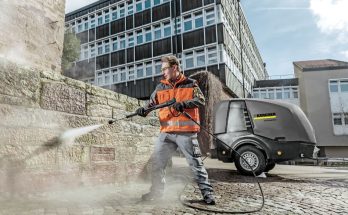Camping is a great way to spend time outdoors, connect with nature, and unwind from the hustle and bustle of everyday life. Whether you’re a seasoned camper or a beginner, there are many things to consider when planning a camping trip.
One of the first things to decide is where to go camping. This will depend on your personal preferences and the time of year. Some popular options include national parks, state parks, and privately-owned campgrounds. National and state parks often offer a range of camping options, from rustic campsites with minimal amenities to more developed sites with electricity, running water, and showers. Privately-owned campgrounds can also be a good option, especially if you’re looking for additional amenities such as swimming pools or playgrounds.
Once you’ve chosen a location, it’s important to make sure you have the right equipment. This will vary depending on the type of camping you’re doing and the weather conditions, but some essential items include a tent, sleeping bags, a camping stove and cooking equipment, a cooler for food storage, and a first-aid kit. You’ll also want to bring plenty of water and non-perishable food, as well as appropriate clothing and footwear.
When camping, it’s important to follow Leave No Trace principles to help protect the environment and preserve the natural beauty of the area for future generations. This means packing out all of your trash, respecting wildlife, and being careful with fire. If you’re camping in a national or state park, be sure to familiarize yourself with the rules and regulations, and obtain any necessary permits.
One of the best parts of camping is enjoying the great outdoors. There are many activities to choose from, such as hiking, fishing, bird watching, and stargazing. If you’re camping with kids, they’ll love exploring the woods, playing games, and roasting marshmallows over the campfire.
When camping, it’s important to be prepared for any emergency situation. This means having a plan in place in case of inclement weather, getting lost, or encountering wild animals. It’s always a good idea to let someone know where you’ll be and when you plan to return, and to carry a map and compass (or a GPS device) with you on hikes.
Overall, camping is a wonderful way to spend time in nature and enjoy the simple pleasures in life. With the right planning and preparation, it can be a fun and rewarding experience for people of all ages. So why not grab your tent and hit the great outdoors for a camping adventure?



